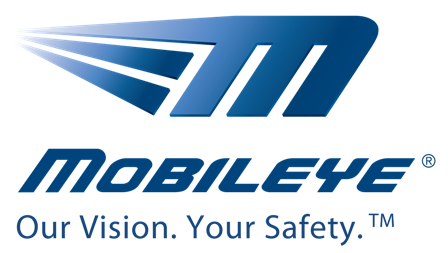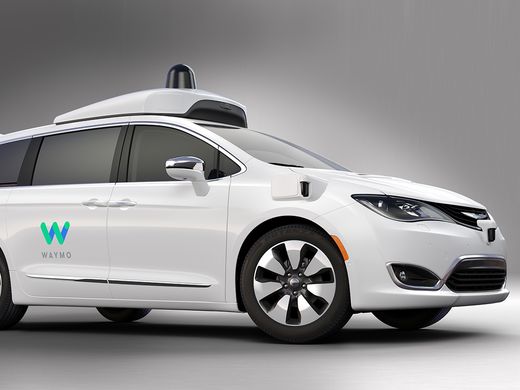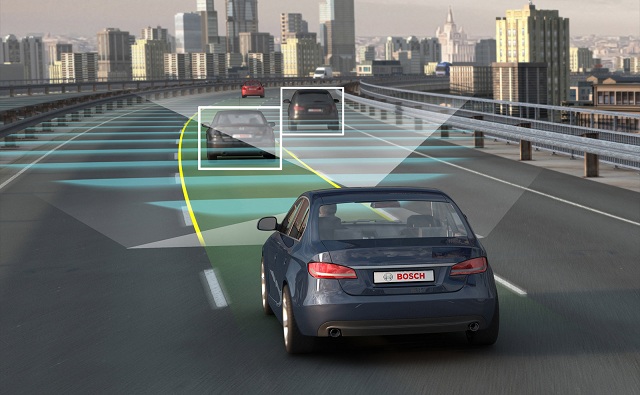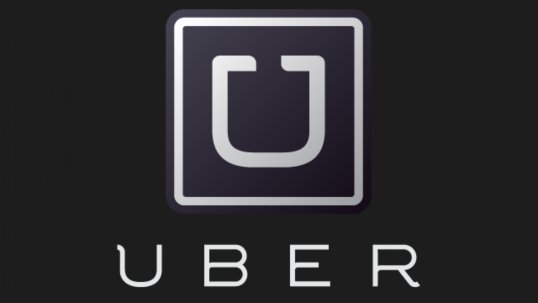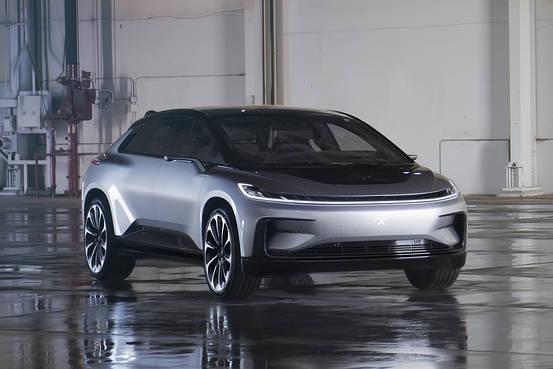Now Reading: Self-driving car supporters launch ad campaign to push Congress
-
01
Self-driving car supporters launch ad campaign to push Congress
Self-driving car supporters launch ad campaign to push Congress
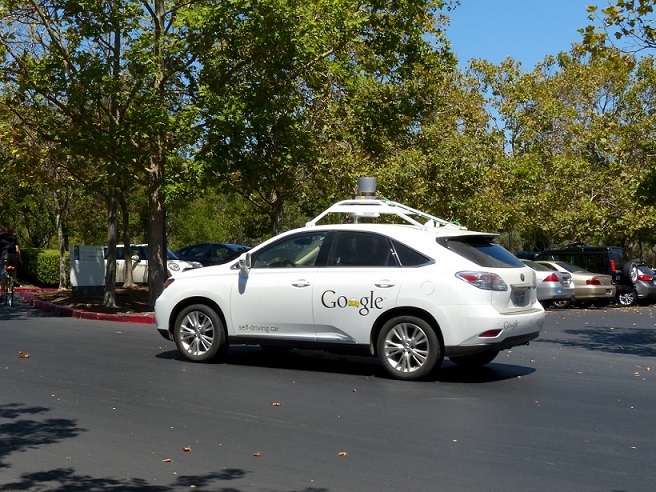
A coalition of supporters of self-driving vehicles stated on Tuesday that it will run advertisements this week in social networks and Washington newspapers, in an effort to persuade the United States Congress to embrace sweeping legislation to improve the nascent market.
The ads are being positioned by the Coalition for Future Mobility, which was formed in July by trade groups representing significant automakers, together with other supporters for self-driving vehicles, as Congress started serious consideration of bills concerning autonomous vehicles.
They want the Senate to pass a bill that would accelerate the use of self-driving cars by relieving safety regulations, and bar states from blocking such automobiles. The House of Representatives has currently unanimously approved a bill.
The Senate is thinking about a similar draft procedure, but is divided over whether to include large business trucks, a disagreement that might prevent the bill from winning approval this year.
The House procedure, which only applies to vehicles under 10,000 pounds (4,536 kg), would permit automakers to acquire exemptions to deploy approximately 25,000 vehicles without meeting present automobile safety standards in the first year. The cap would rise over three years to 100,000 automobiles yearly.
As part of the project, major automakers will be calling their employees and retirees, asking them to reach out to their members of Congress, according to a spokeswoman for the Alliance of Automobile Manufacturers.
The coalitions launched a website and will use targeted Facebook marketing, focusing on groups who could take advantage of autonomous vehicles, such as disabled veterans.
The coalition consists of trade groups representing automakers such as General Motors, Toyota Motor and Volkswagen, along with ride sharing company Lyft Inc, the Telecommunications Industry Association, the American Council of the Blind and a drone industry group.
Senate aides have been working out in recent days but have not reached agreement. A Senate panel could take up the concern at an October 4 hearing, aides say.
Auto market leaders state 3 million commercial truck jobs could eventually be at risk if self-driving automobiles replaced human motorists.
Self-driving supporters say 94 percent of U.S. car crashes are the outcome of human error and argue self-driving vehicles could significantly cut the 35,000 yearly roadway deaths.
Stay Informed With the Latest & Most Important News
Previous Post
Next Post
-
 01Polestar Boss Says It’s Time To Outrun BMW M And Mercedes-AMG
01Polestar Boss Says It’s Time To Outrun BMW M And Mercedes-AMG -
 02Spy Shots: 2027 Mitsubishi Pajero Spotted in Testing Ahead of Possible U.S. Return
02Spy Shots: 2027 Mitsubishi Pajero Spotted in Testing Ahead of Possible U.S. Return -
 032026 Toyota Hilux EV: A Powerful Truck with Silent Torque
032026 Toyota Hilux EV: A Powerful Truck with Silent Torque -
![2027 Mercedes-Benz S-Class Debuts with V8 Engine [Photo Gallery]](https://speedlux.com/wp-content/uploads/2026/01/2027-Mercedes-Benz-S-Class-33-155x125.jpg) 042027 Mercedes-Benz S-Class Debuts with V8 Engine [Photo Gallery]
042027 Mercedes-Benz S-Class Debuts with V8 Engine [Photo Gallery] -
 052026 Corvette ZR1 Production Surges Past Expectations as Output Clears 1,000 Units
052026 Corvette ZR1 Production Surges Past Expectations as Output Clears 1,000 Units -
 06Spy Photos: VW ID. Polo GTI Goes Electric with 223 HP and 280 Miles of Range
06Spy Photos: VW ID. Polo GTI Goes Electric with 223 HP and 280 Miles of Range -
 07The Controversial Ford Voodoo V8 That Was Killed Off Too Early
07The Controversial Ford Voodoo V8 That Was Killed Off Too Early



![2027 Mercedes-Benz S-Class Debuts with V8 Engine [Photo Gallery]](https://speedlux.com/wp-content/uploads/2026/01/2027-Mercedes-Benz-S-Class-33-700x394.jpg)




































